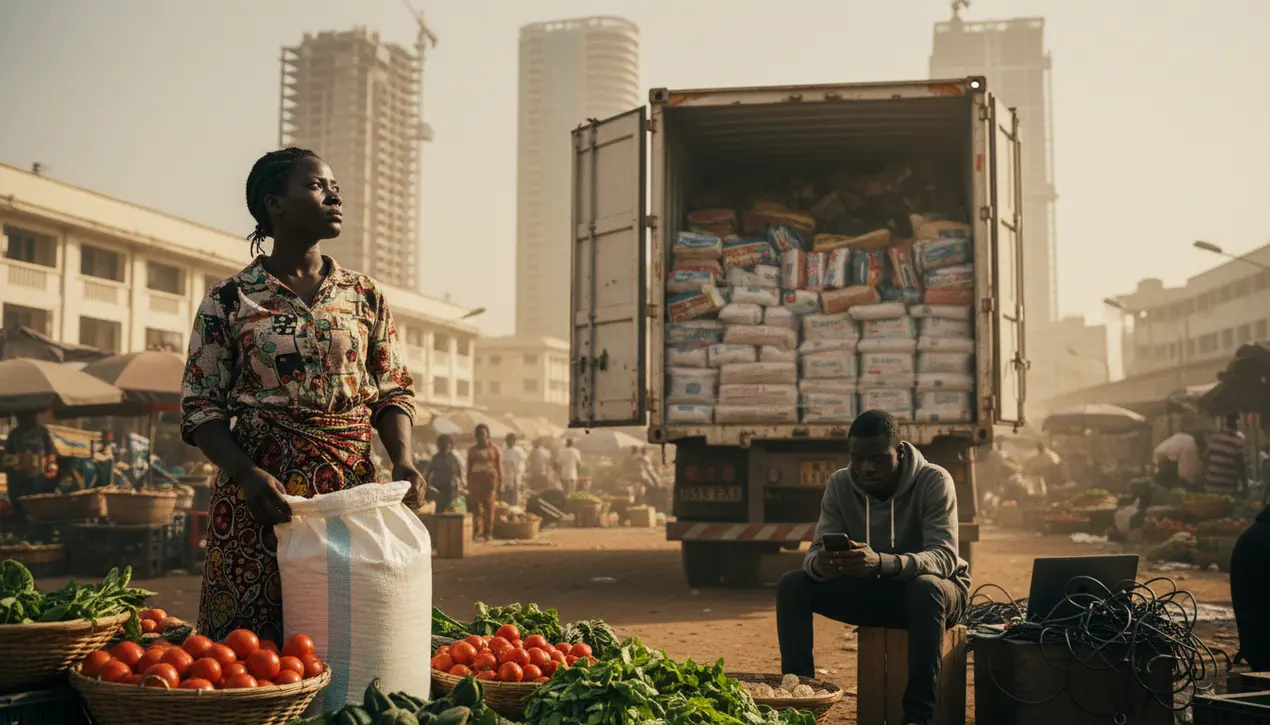
Politicssanctions & tradeTrade Tariffs
G20 Urged to Reform Trade and Finance for Africa
RO
Robert Hayes
15 hours ago7 min read3 comments
The persistent call for the G20 to fundamentally reform the architecture of international trade and finance, specifically to address the developmental impasse faced by African nations, represents a critical inflection point in global economic governance, a moment not unlike the post-war Bretton Woods conferences that established the very systems now proving inadequate. The original text correctly identifies the Trump-era tariff wars as a significant hindrance, but this is merely a symptom of a deeper, more systemic malaise rooted in decades of structural inequality, where the rules of global commerce were largely written by and for advanced economies, leaving emerging markets perpetually playing catch-up.The presidency of South Africa within the G20 provided a crucial, albeit temporary, platform for these concerns, elevating African voices on a stage traditionally dominated by the usual suspects of the Global North; maintaining this momentum is not merely a matter of diplomatic courtesy but a strategic imperative for global stability. Historical precedent, from the structural adjustment programs of the 1980s that crippled social spending to the ongoing debates over intellectual property rights that limit technology transfer, demonstrates a consistent pattern where international financial institutions and trade agreements have often inadvertently, or sometimes deliberately, constrained Africa's economic sovereignty and potential for industrial diversification.Expert commentary from institutions like the United Nations Conference on Trade and Development (UNCTAD) consistently highlights the debilitating effects of illicit financial flows, which drain the continent of more capital than it receives in aid, and the volatility of commodity-dependent export models that leave nations vulnerable to boom-bust cycles entirely outside their control. A genuine overhaul would necessitate confronting these entrenched issues head-on: pushing for a more equitable World Trade Organization that can genuinely discipline agricultural subsidies in wealthy nations, reforming the quota systems at the International Monetary Fund to grant emerging economies a greater voice, and creating new, predictable mechanisms for debt restructuring that do not punish nations for crises born of global shocks, such as the recent pandemic.The consequences of inaction are stark—widening inequality will fuel political instability, increase migratory pressures, and cede geopolitical ground to other global powers who are more than willing to offer alternative models of engagement, albeit with their own strings attached. Conversely, a successful push for reform could unlock a virtuous cycle of investment, job creation, and sustainable growth across the continent, transforming Africa from a subject of international pity into a powerhouse of the 21st-century global economy. The analytical insight here is clear: the G20 stands at a crossroads, and its commitment to this overhaul will be the true test of whether it remains a relevant forum for managing globalisation or devolves into a talking shop incapable of addressing its most profound failures.
#G20
#Africa
#trade
#finance
#development
#tariffs
#Trump
#featured
Stay Informed. Act Smarter.
Get weekly highlights, major headlines, and expert insights — then put your knowledge to work in our live prediction markets.
Comments
Loading comments...
© 2025 Outpoll Service LTD. All rights reserved.